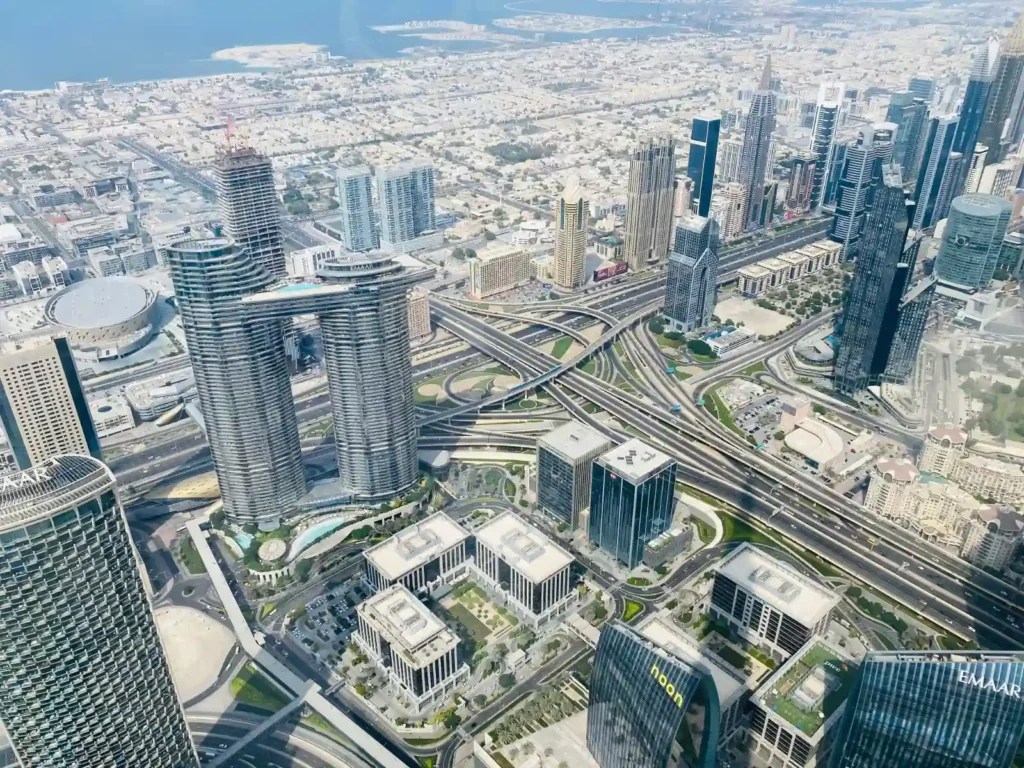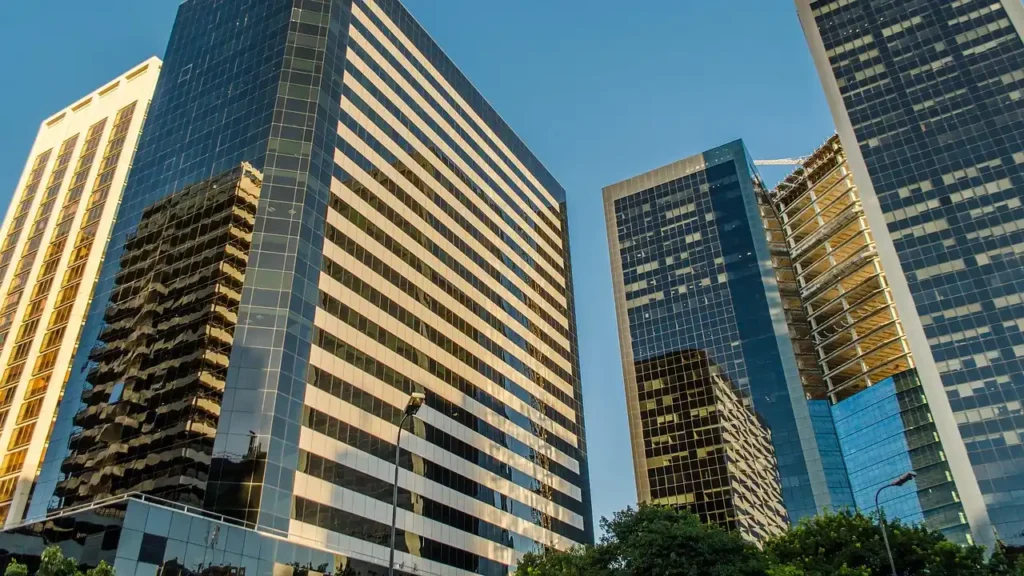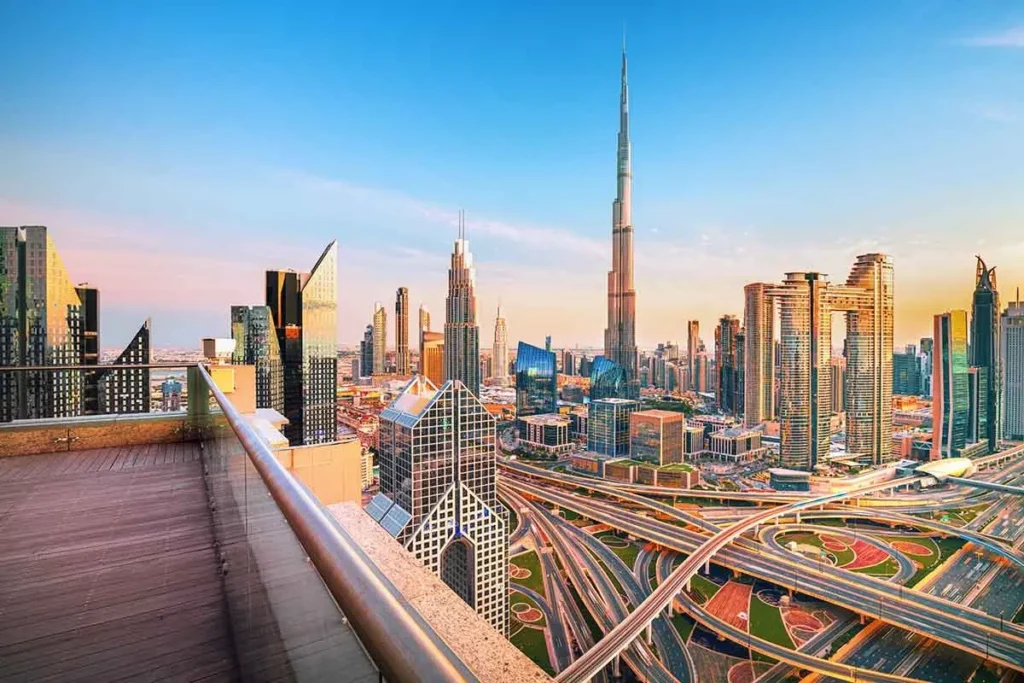
TRAKHEES APPROVALS | Trakhees Online Registration
By Eng Amjed / August 3, 2025
Getting TRAKHEES approvals is an essential step for villa owners and contractors working within Dubai’s free zones. Whether you are planning a villa extension, interior modification, or a large-scale construction project, navigating TRAKHEES villa modification approvals and building permit requirements can be complex. This guide explains how to get TRAKHEES approval for villa modifications in Dubai, the online registration process, and key considerations for contractors. We’ll also cover TRAKHEES renovation approvals, building permits, and authority guidelines to ensure your project is fully compliant, fast-tracked, and cost-effective.
Table of Contents

Understanding TRAKHEES and Its Role in Dubai Development
TRAKHEES is the regulatory arm of the Ports, Customs & Free Zone Corporation (PCFC), responsible for overseeing building, renovation, and infrastructure projects within Dubai’s designated free zones.
Some of the communities and zones under TRAKHEES include:
- Nakheel-managed developments within free zones
- JAFZA (Jebel Ali Free Zone)
- Dubai Maritime City
- Certain mixed-use developments and villa communities
If your property or project falls within these zones, TRAKHEES building permits and renovation approvals are mandatory.
Why Do You Need TRAKHEES Approvals?
TRAKHEES approvals ensure that all construction or renovation activities meet:
- Dubai Building Codes
- Structural and safety regulations
- Community-specific guidelines
- Sustainability and environmental standards
For contractors, securing contractor permit approval from TRAKHEES prevents work stoppages, fines, or rejected submissions.

Step-by-Step: Trakhees Online Registration & Approvals
Here’s a simplified process for getting TRAKHEES approvals:
1. Identify Your Project Scope
- Villa modification (e.g., pergola, extension, wall removal)
- Renovation works (e.g., interior changes)
- New construction
2. Prepare Required Documentation
- Site plans & architectural drawings
- Structural reports (if modifications involve load-bearing walls or extensions)
- Authority-compliant MEP drawings
3. Hire a Registered Consultant
For most projects, TRAKHEES requires you to work with an approved consultant (like Nirvana Architectural Engineering Consultancy LLC, partnered with Structural Solutions).
4. Submit Through the TRAKHEES e-Permit System
- Create an account on the Trakhees Online Registration portal
- Upload all drawings and documents
- Pay the applicable fees
5. Technical Review by TRAKHEES
TRAKHEES engineers will review your submission for compliance with structural, safety, and design codes.
6. Approval & Permit Issuance
Once approved, you’ll receive your TRAKHEES building permit or renovation approval.
7. Site Inspection (If Applicable)
For structural changes or larger works, TRAKHEES may conduct on-site inspections.
Key Considerations for Villa Owners
- Community-specific guidelines: Each free zone or community may impose additional rules (e.g., façade changes, material restrictions).
- Structural safety: Any modification to structural elements requires detailed calculations and reports.
- Retrospective approvals: If modifications were made without prior permits, you can apply for a retrospective TRAKHEES approval to legalize the changes.
Key Considerations for Contractors
- License validity: Ensure your contracting license is approved for TRAKHEES projects.
- Clear scope definition: Misaligned scopes between owners and contractors often cause delays.
- Liability agreements: Contractors must confirm their responsibility for on-site execution while consultants act as architects of record.
Common Reasons for TRAKHEES Approval Delays
- Incomplete documentation
- Using unregistered consultants or contractors
- Non-compliance with TRAKHEES authority guidelines
- Unapproved material or design changes
Frequently Asked Questions
Q1: How long does it take to get TRAKHEES approval?
A: Standard villa modification approvals take 1–3 weeks, while larger projects may require 4–6 weeks depending on the complexity of the submission.
Q2: Do I need a consultant for every TRAKHEES application?
A: Yes. TRAKHEES generally requires submissions to be prepared and signed by an approved consultant to ensure code compliance.
Q3: Can I apply for TRAKHEES approvals as a contractor under my license?
A: Yes. Contractors can apply directly for contractor permit approval TRAKHEES if authorized, provided they work with an approved consultant for design and documentation.
Q4: What happens if I modify my villa without TRAKHEES approval?
A: Unapproved modifications can result in fines, penalties, and mandatory restoration to the original state. You can apply for a retrospective TRAKHEES renovation approval to legalize the work.
Q5: What is the cost of TRAKHEES approvals?
A: Costs vary based on project type, scope, and authority fees. Working with experts like Structural Solutions helps reduce costs through accurate submissions and minimized revisions.
Final Thoughts
Getting TRAKHEES approvals doesn’t have to be complicated. By working with experienced consultants and contractors, you can speed up the process, avoid penalties, and ensure compliance with Dubai’s building regulations.
If you need expert assistance with civil engineering, structural design, or building permit approvals in Dubai, the team at Structural Solutions is ready to help. Contact us on WhatsApp or email us at: info@structuralsolutions.ae We’ll ensure your project meets all Dubai Municipality standards with precision and professionalism.

